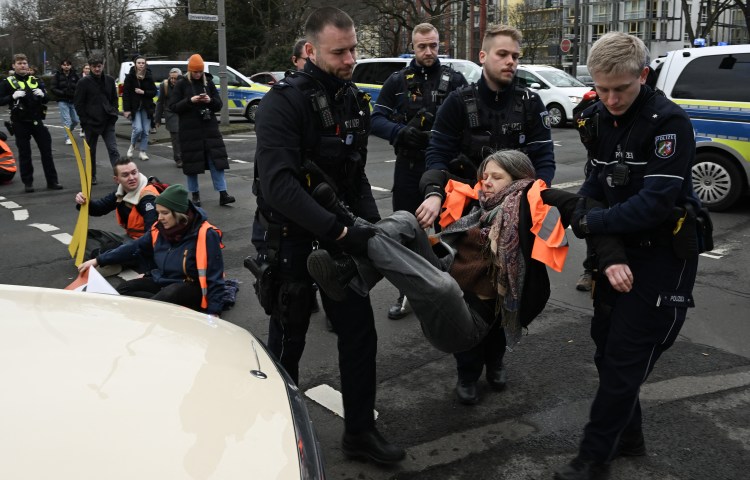
‘I am challenged at the court for simply doing my job’: Journalists covering climate issues in Europe face growing threats
Skyrocketing temperatures and catastrophic flooding have hammered home the realities of climate change in Europe, making environmental coverage one of the continent’s most important beats. It’s also an increasingly dangerous one as journalists face legal and physical harassment for reporting on polluters, amid other concerns. Of course, Europe isn’t the only place where journalists find…
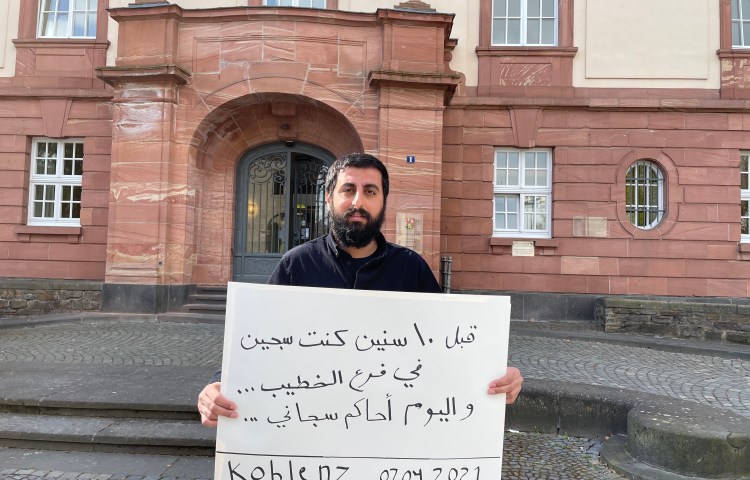
Syrian journalist Amer Matar on facing his torturer in court
Syrian journalist Amer Matar was regularly blindfolded, handcuffed, and beaten with cables, whips, and fists during the eight months he was held in a Syrian prison. When a German court sentenced one of his torturers – Syrian army colonel Anwar Raslan – to life in prison earlier this month, Matar finally felt that at least…
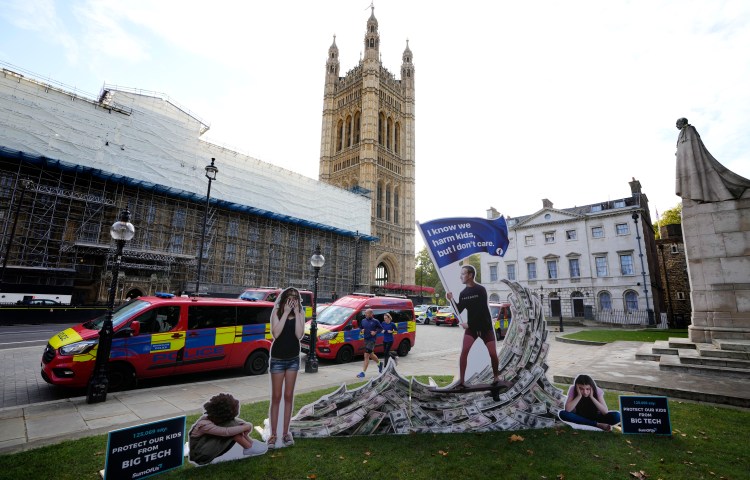
How social media regulation could affect the press
The United Kingdom moved a step closer to regulating social media in December when a parliamentary committee recommended major changes to the country’s Online Safety Bill so as to hold internet service providers responsible for material published on their platforms. “We need to call time on the Wild West online,” said committee chair Damian Collins….
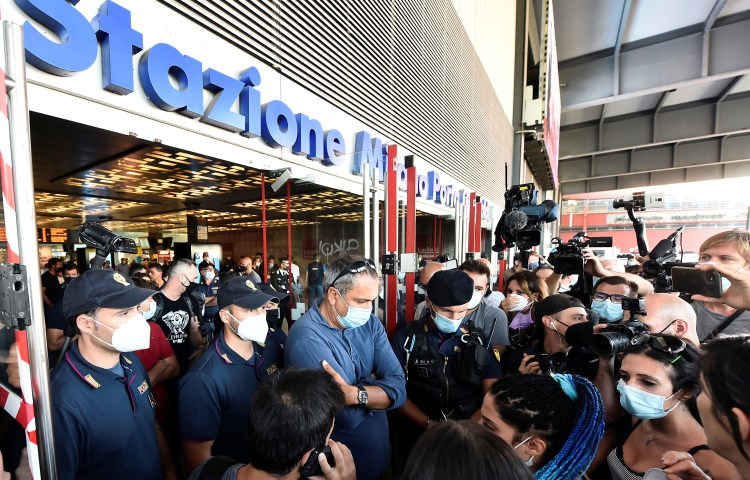
‘It is becoming unbearable:’ Journalists say they have become ‘scapegoats’ at anti-vaccine protests
Journalists covering demonstrations against COVID-19 countermeasures have been called “terrorists,” “pedophiles,” “murderers,” and “scumbags.” Protesters have harassed and assaulted members of the press, and told them that “the nooses are ready.” Threats like these have become increasingly familiar for reporters in Europe and the United States, where the U.S. Press Freedom Tracker, a CPJ partner,…

Q&A: Financial Times reporters Dan McCrum and Stefania Palma on Wirecard and pressures on business journalists
Dan McCrum and Stefania Palma, business reporters for the Financial Times, spent years investigating German payments company Wirecard and revealed in a series of articles that the darling of the stock markets and the German tech scene faked its accounts. When it filed for insolvency in June 2020, Wirecard owed creditors billions of dollars, and…

Germany revisits influential internet law as amendment raises privacy implications
On October 1, a new law to regulate content posted on social media platforms took effect in Turkey, The Guardian reported. Turkish journalists already face censorship and arrest because of social media posts, CPJ has found, and the law offers just one more tool to censor news. Yet the legislation was not solely conceived in Ankara; it follows the example of one…
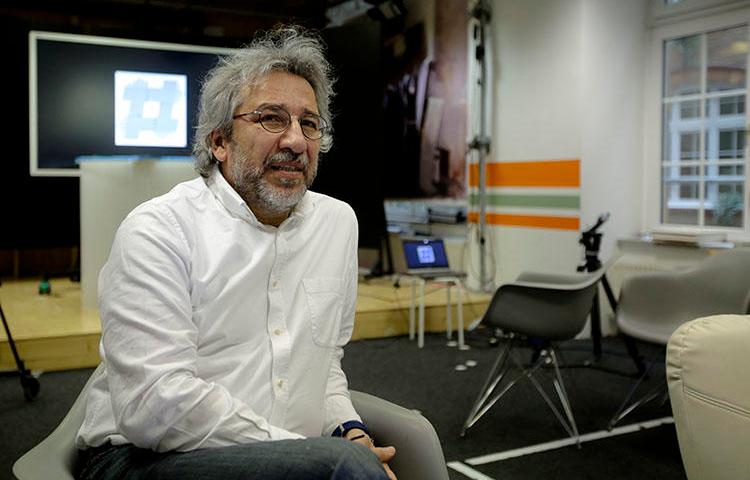
For Turkish journalists in Berlin exile, threats remain, but in different forms
For Can Dündar, sitting in the audience of a theater performance near Dortmund in Germany in May was an emotional moment. In an interview with CPJ, he recalled how during the premiere night, he watched the main actor on stage playing a journalist as he was imprisoned in Turkey, had his house searched, his books…

As German hate speech law sinks Titanic’s Twitter post, critics warn new powers go too far
The satirical magazine Titanic appears to have been an unlikely victim of Germany’s recently adopted online anti-hate speech law, NetzDG. “We were truly surprised,” the magazine’s editor-in-chief Tim Wolff told CPJ, as he explained how Twitter blocked the Titanic account for 48 hours after the magazine republished a post Twitter had deleted, in which Titanic…
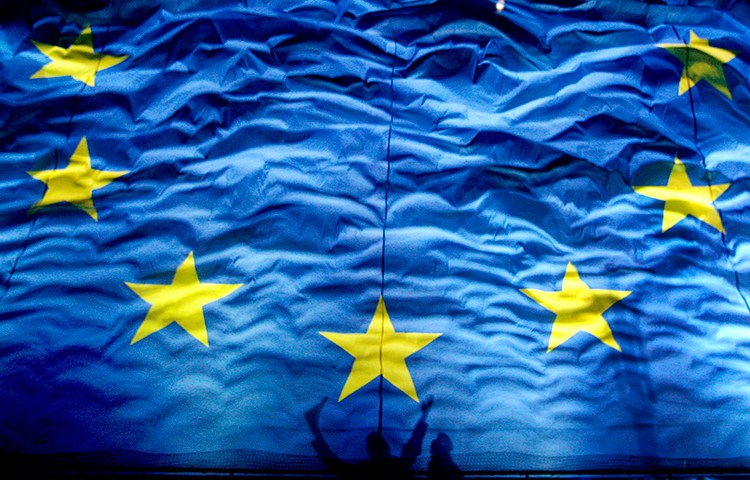
CPJ joins call for EU to stop surveillance software going to rights abusers
The Committee to Protect Journalists today joined a group of human rights groups in calling on the European Parliament to vote tomorrow in favor of legislation that could prevent surveillance equipment from going to rights-abusing governments.

Proposed German legislation threatens broad internet censorship
The German cabinet on April 5 approved a “Draft Law to Improve Law Enforcement in Social Networks” (Netzwerkdurchsetzungsgesetz), ostensibly aimed at combatting disinformation and hate speech, that raises concerns about restrictions on free expression and the privatization of censorship. The law would compel social media companies to remove content or risk fines as high as…